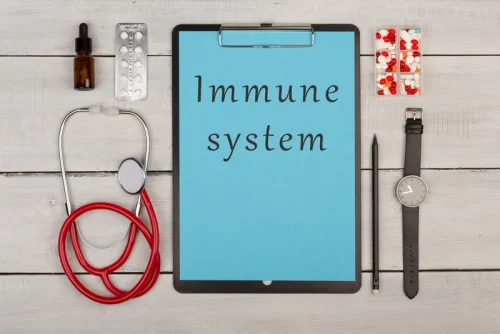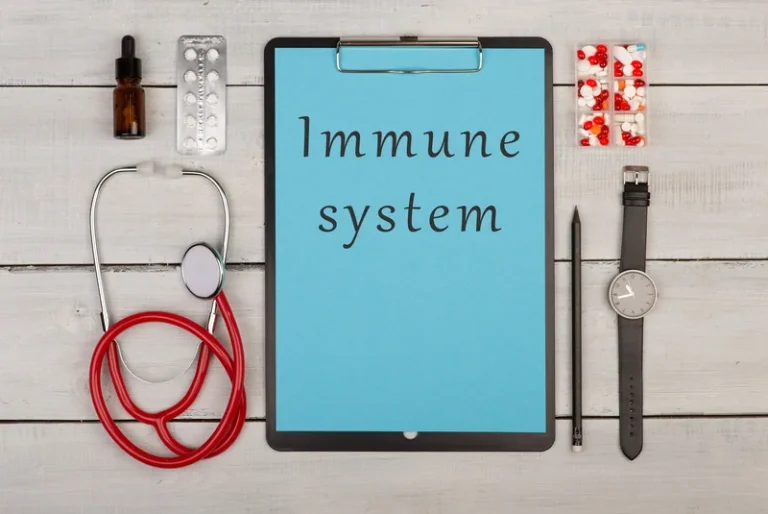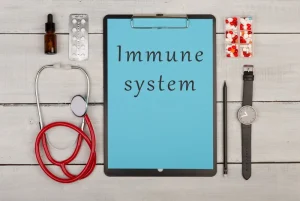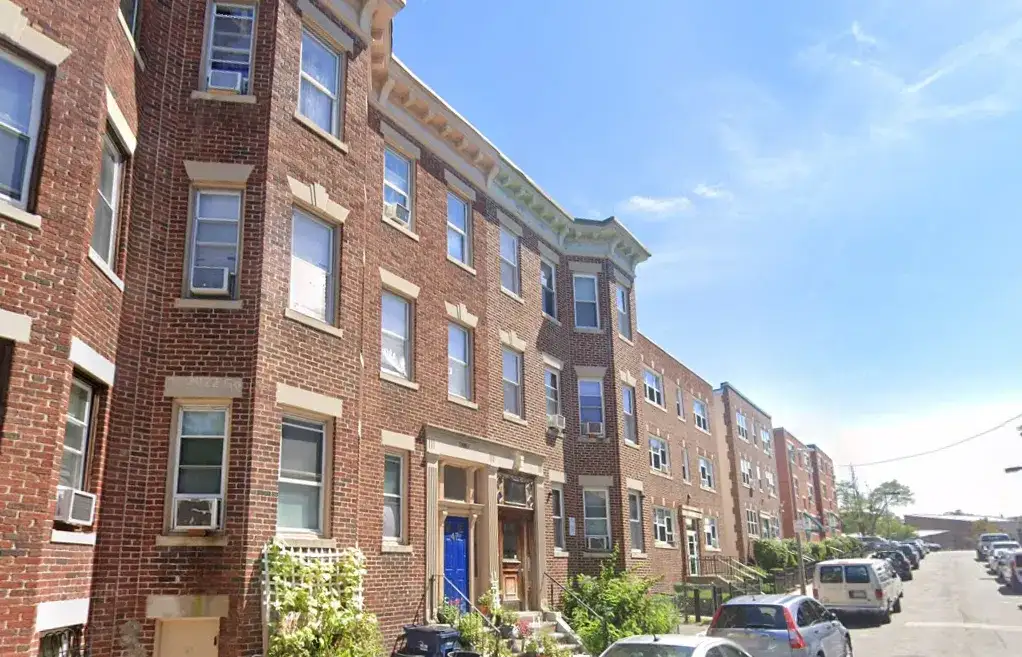
If you or a loved one is struggling with alcoholism, contact FHE Health today and get on the road to recovery. When you live with or care for someone who becomes abusive when they’re intoxicated, the consequences may well be more than just hurt feelings. The existence of an angry “crazy drunk person” is often featured in TV shows and movies because of the rising drama and action they bring to an entertaining storyline.
1 Outcomes of Alcohol-adapted Anger Management Treatment

If you see someone cut in front of you in line for the bathroom at a bar or concert, you may react aggressively when you otherwise wouldn’t mind. When drinking, it becomes increasingly challenging to interpret information logically. While psychotherapy is the primary approach for co-treatment of alcohol use and =https://ecosoberhouse.com/ anger management, medications like mood stabilizers and those used to treat substance withdrawal may also be part of your treatment plan.
Less Cognitive Function
As a whole, alcohol use naturally heightens emotions, and for people who are predisposed to aggressive tendencies, it can quickly make bad scenarios worse. If you are close to someone who experiences alcohol-induced anger, it’s important to get help and support. The FHE Health team is committed to providing accurate information that adheres to the highest standards of writing. If one of our articles is marked with a ‘reviewed for accuracy and expertise’ badge, it indicates that one or more members of our team of doctors and clinicians have reviewed the article further to ensure accuracy. This is part of our ongoing commitment to ensure FHE Health is trusted as a leader in mental health and addiction care.
If You Know You’re an Angry Drunk, What Can You Do?
- We can create an environment of emotional well-being and resilience by promoting awareness, exploring healthier coping strategies, and fostering support networks.
- A 2017 study showed that men under the influence of alcohol had higher rates of physical and sexual aggression.
- If no one can defuse the tension, they may become an aggressor, escalating the situation to a violent one.
- Cognitive Behavioral Therapy (CBT) interventions are widely recognized as practical approaches for both alcohol recovery and anger management.
- You might not recognize how much you drink or how many problems in your life are related to alcohol use.
- As mentioned above, alcohol can damage the brain cells and their chemicals; alcohol can lead to aggression, uncontrolled anger, offensive behavior, and violent activities.
This allowed us to model clients as random factors and to nest repeated measures within each client. Mixed models accommodated for the fact that repeated measures from each client were correlated and accommodated for missing data with maximum likelihood estimation. The first two authors, experienced in AM and AAF treatment alcoholism and anger protocols, supervised therapists one hour per week in each condition throughout interventions. During supervision, each active case was discussed individually with regard to adherence to the manualized treatment protocol and the specific content of the session. Ethanol, which we commonly refer to as alcohol, is in a class of psychoactive drugs known as depressants (Figure 1).


It doesn’t matter how Sobriety much anger you have – ignoring it doesn’t do any good. The fact is that both AUD and anger don’t need to be permanent, especially with quality treatment. A 2013 study published in the National Library of Medicine found that alcohol has both acute and chronic adverse effects on learning-related plasticity across brain regions, which contributes to cognitive dysfunction and even disability.

Effects of alcohol-related aggressiveness
Alcohol use and anger can both be treated using psychotherapy approaches rooted in cognitive behavioral therapy (CBT). Extreme happiness, or euphoria, is another common experience during drinking. As a positive, unalarming emotion and one that others are used to seeing, however, happiness isn’t on the radar as much as anger. Extreme emotions that are usually hidden from others, like anger and sadness, may be more noticeable when you drink because you’re less able to conceal and manage them. When they come out, others notice them because they’re not a part of the everyday social experience. There is also a theory that the disinhibition that alcohol creates raises the risk of violent behavior.
